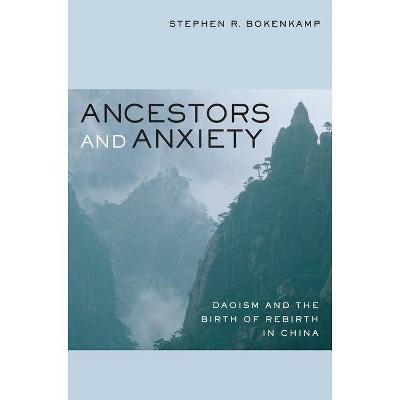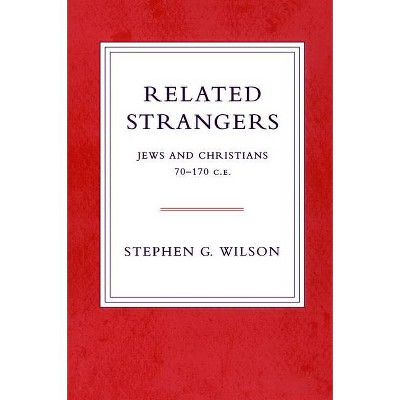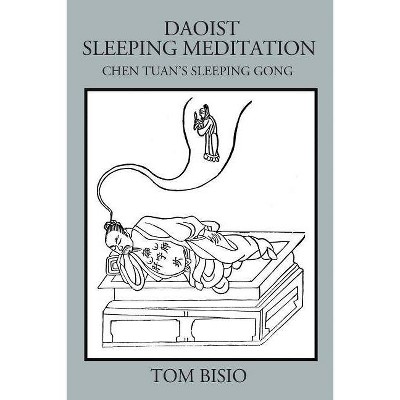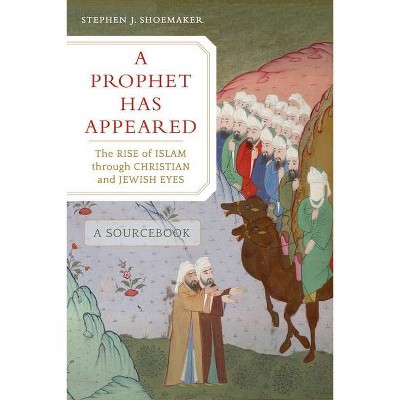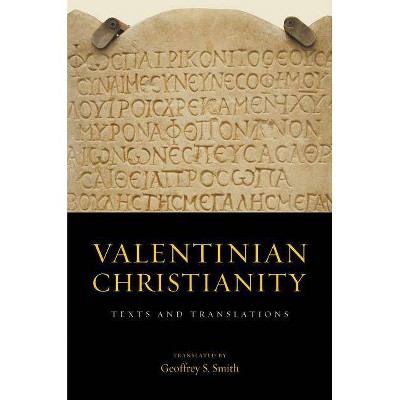A Fourth-Century Daoist Family - Annotated by Stephen R Bokenkamp (Hardcover)
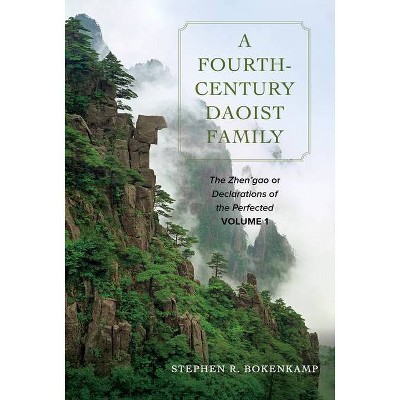
Similar Products
Products of same category from the store
AllProduct info
<p/><br></br><p><b> About the Book </b></p></br></br>"This volume is the first in a series of full-length English translations from one of the foremost classics in Daoist religious literature, the Zhen gao or Declarations of the Perfected. The Declarations is a collection of poems, accounts of the dead, instructions, and meditation methods received by the Daoist Yang Xi (330-ca. 386) from celestial beings and shared by him with his patrons and students. These fragments of revealed material were collected and annotated by the eminent scholar and Daoist Tao Hongjing (456-536), allowing us access to these distant worlds and unfamiliar strategies of self-perfection. Bokenkamp's full translation highlights the literary nature of Daoist revelation and the Declarations's place in the development of Chinese letters. It further details interactions with the Chinese throne and the aristocracy and demonstrates ways that Buddhist borrowings helped shape Daoism much earlier than has been assumed. This first volume also contains heretofore unrecognized reconfiguration of Buddhist myth and practice that Yang Xi introduced to his Daoist audience"--<p/><br></br><p><b> Book Synopsis </b></p></br></br>This volume is the first in a series of full-length English translations from one of the foremost classics in Daoist religious literature, the <i>Zhen gao</i> or <i>Declarations of the Perfected</i>. The <i>Declarations</i> is a collection of poems, accounts of the dead, instructions, and meditation methods received by the Daoist Yang Xi (330-ca. 386 BCE) from celestial beings and shared by him with his patrons and students. These fragments of revealed material were collected and annotated by the eminent scholar and Daoist Tao Hongjing (456-536), allowing us access to these distant worlds and unfamiliar strategies of self-perfection. Bokenkamp's full translation highlights the literary nature of Daoist revelation and the place of the <i>Declarations</i> in the development of Chinese letters. It further details interactions with the Chinese throne and the aristocracy and demonstrates ways that Buddhist borrowings helped shape Daoism much earlier than has been assumed. This first volume also contains heretofore unrecognized reconfigurations of Buddhist myth and practice that Yang Xi introduced to his Daoist audience. <br><p/><br></br><p><b> From the Back Cover </b></p></br></br>"Stephen R. Bokenkamp, who has long since established himself as the preeminent translator of early Daoist texts, gives us here his magnum opus: an impeccable translation, richly and clearly annotated, of what is arguably the single most important medieval Daoist text."--John Lagerwey, author of <i>Paradigm Shifts in Early and Modern Chinese Religion: A History </i> <p/> "This is simply a monumental work of scholarship--a publishing milestone. Everyone interested in premodern China or in religious literature should read it closely. The challenging fourth- and fifth-century text made newly available here can now be fully appreciated and understood, thanks to Bokenkamp's decades-long labor of love."--Robert Ford Campany, author of<i> Making Transcendents: Ascetics and Social Memory in Early Medieval China</i><p/><br></br><p><b> About the Author </b></p></br></br><p><b>Stephen R. Bokenkamp </b>is Regents Professor of Chinese Religion at Arizona State University. He is the author of <i>Early Daoist Scriptures</i> and <i>Ancestors and Anxiety</i> and is the recipient of a Guggenheim Fellowship and a National Endowment for the Humanities Translation grant.</p>
Price History
Price Archive shows prices from various stores, lets you see history and find the cheapest. There is no actual sale on the website. For all support, inquiry and suggestion messagescommunication@pricearchive.us

